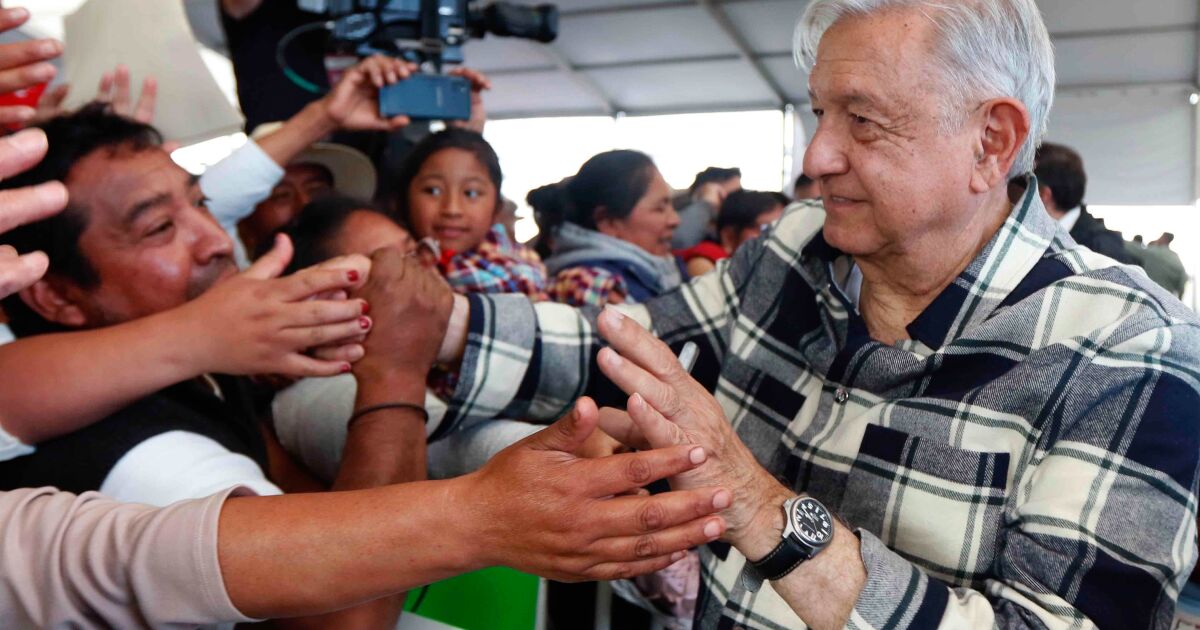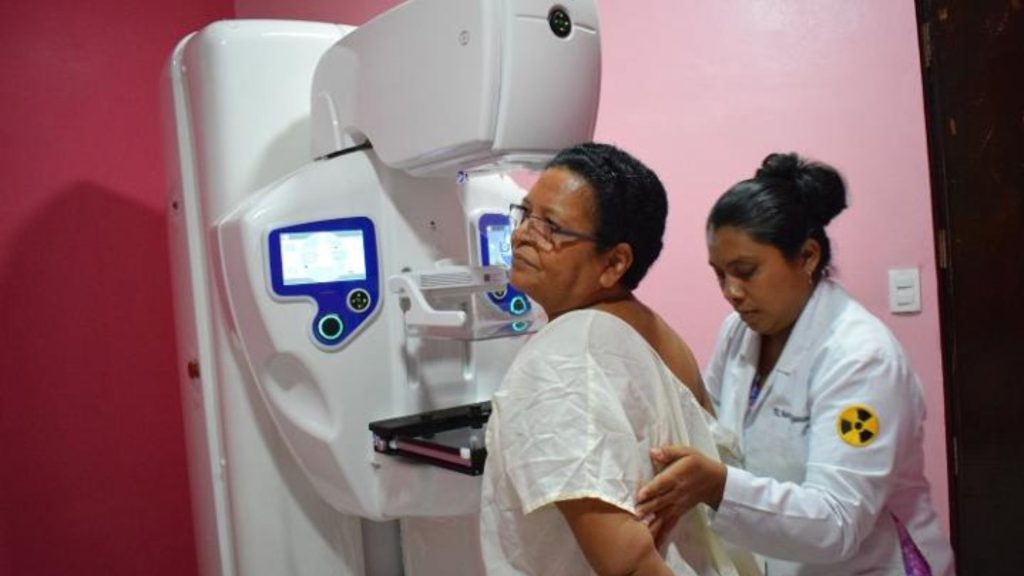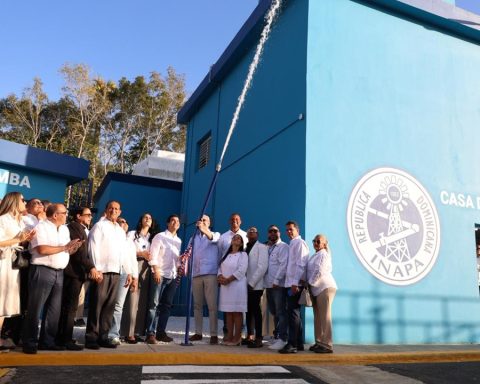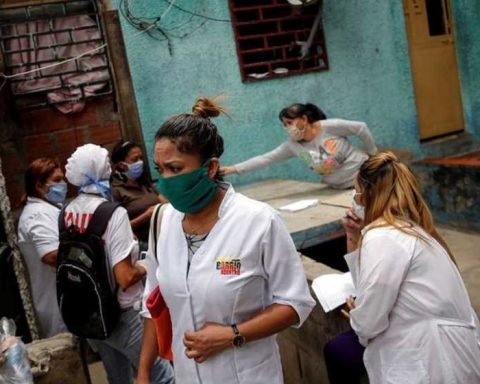IMSS-Wellbeing
President Andrés Manuel López Obrador will also devote part of his last days in office to improving the structure of IMSS-Bienestar.
Starting next month, the federal president will visit the 23 entities that have joined the IMSS-Bienestar to place a “white flag” as a symbol that the new health system is working.
The purpose of IMSS-Bienestar is to provide quality care 24 hours a day, seven days a week with general physicians and specialists; rehabilitated and equipped medical units, as well as 100% supply of medications, clinical studies and surgical interventions regardless of social or economic status.
IMSS-Bienestar will arrive in Durango and Coahuila: President AMLO.
President oversees second stage of the Healthy Water system for La Laguna, which will supply four municipalities in Durango and five in Coahuila.
This work represents the recognition of… pic.twitter.com/68KWmAV5mf
— Government of Mexico (@GobiernoMX)
June 16, 2024
In his last 30 days of government, the president will visit more than 20 entities to raise a white flag as a sign that one of the 100 commitments has been installed
“The right to health will become a reality. The goal is to guarantee Mexicans free medical care and medicines. We will begin in the medical units of the Social Security located in the poorest areas of the country and the program will gradually expand until we manage, by the middle of the six-year term, to establish a first-class health system, like in Canada or the Nordic countries,” says the president. commitment 13 of the 100 which was listed on December 1, 2018 in the Zócalo of Mexico City.
The reforms
When President Andrés Manuel López Obrador concludes his administration, the package of 20 initiatives he sent to the Legislative Branch will not be approved, but some of the proposed changes to the Constitution, such as the reform of the Judicial Branch, will most likely be.
In the last days of his administration, President Andrés Manuel López Obrador has focused on defending the need to reform the Judiciary so that judges, magistrates and ministers are elected by citizen vote.
Federal deputies are already analyzing the reform initiative and have put forward up to 100 changes to the proposal, including a gradual election of judges and magistrates and staggered terms for ministers.
















